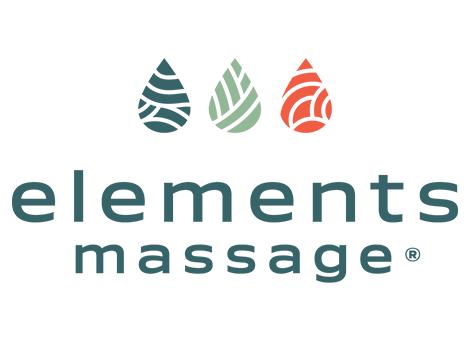The role of massage therapy in alleviating muscle discomfort is well-documented in scientific literature. Various studies have provided evidence of how massage can effectively address muscular discomfort resulting from physical exertion or chronic conditions.
Massage for Post-Exercise Recovery
A meta-analysis by Best et al. (2008) provided significant evidence regarding the role of massage in muscle recovery after strenuous exercise. The study found that participants who received massage therapy reported reduced muscle soreness and fatigue compared to those who did not. The researchers attributed these effects to enhanced blood flow, improved lymphatic drainage, and reduced muscle tension following the massage.
Similarly, a study by Jönhagen et al. (2004) indicated that participants who received a massage after a high-intensity workout reported less muscle soreness and demonstrated improved muscle function compared to those who did not receive a massage. The study suggested that the mechanical pressure applied during a massage might facilitate the removal of metabolic waste, thus reducing muscle inflammation and alleviating muscle fatigue and discomfort.
Massage for Chronic Muscular Conditions
Massage therapy has also been studied for its efficacy in managing chronic muscular conditions. A randomized controlled trial conducted by Cherkin et al. (2011) examined the effects of massage on patients with chronic back pain. The participants who received a series of massages reported significant improvements in their pain and functioning levels compared to those who did not receive massages. This study suggests that regular massage therapy could be an effective intervention for chronic muscle pain.
Another study by Field et al. (2002) indicated that massage therapy could be beneficial in managing fibromyalgia, a condition characterized by chronic muscle pain and fatigue. Participants who received massage therapy reported lower levels of pain, anxiety, and depression, and they also demonstrated improved sleep quality. This study provides evidence that massage therapy can have a significant impact on reducing chronic muscle discomfort and improving quality of life.
While these studies offer compelling evidence supporting the use of massage therapy in managing muscle discomfort, further research is needed to determine the optimal frequency and specific techniques of massage for different types of muscle discomfort and in various populations.
References
- Best, T. M., Hunter, R., Wilcox, A., & Haq, F. (2008). Effectiveness of sports massage for recovery of skeletal muscle from strenuous exercise. Clinical Journal of Sport Medicine, 18(5), 446-460.
- Cherkin, D. C., Sherman, K. J., Kahn, J., Wellman, R., Cook, A. J., Johnson, E., ... & Deyo, R. A. (2011). A comparison of the effects of 2 types of massage and usual care on chronic low back pain: a randomized, controlled trial. Annals of internal medicine, 155(1), 1-9.
- Field, T., Diego, M., Cullen, C., Hernandez-Reif, M., Sunshine, W., & Douglas, S. (2002). Fibromyalgia pain and substance P decrease and sleep improves after massage therapy. Journal of Clinical Rheumatology, 8(2), 72-76.
- Jönhagen, S., Ackermann, P., & Eriksson, T. (2004). Sports massage after eccentric exercise. American Journal of Sports Medicine, 32(6), 1499-1503.

